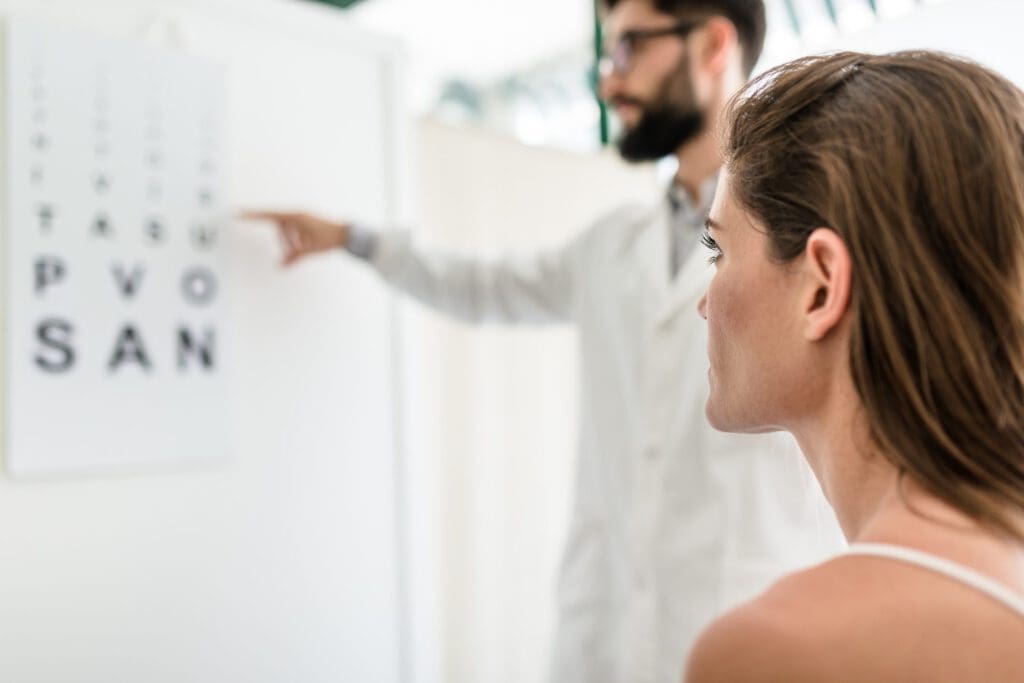
Vision Education Center
Home /
NVISION Eye Centers provides an extensive online library of expert educational material on everything vision-related. Our content adheres to a strict editorial policy to ensure that we are educating users with accurate, up-to-date information on this essential subject.
Table of Contents
Laser Eye Surgery
Learn more about some of the most common laser eye surgery procedures
Other Eye Surgeries
Learn more about other types of eye surgery procedures
LASIK Topics
Learn everything you need to know about LASIK
Cataract Surgery Topics
Learn everything you need to know about Cataract Surgery
Glaucoma Topics
Learn everything you need to know about Glaucoma
Intraocular Lens (IOL) Information
Information about different types of Intraocular Lenses and which IOL option may be best for you.
Contacts
Everything you need to know about contacts.
Eye Conditions
Common eye conditions
Glasses
Important topics about glasses
- Everything About Glasses
- Best Glasses Lenses
- Glasses After Cataract Surgery
- Buying Glasses Online
- Eye Glasses & Your Prescription
- What To Spend On Glasses
- Progressive Glasses
- Different Strengths of Glasses
- Trifocal Glasses vs. Other Options
- Trivex Lenses
- Can Glasses Make Vision Worse?
- Glasses & Night Driving
- Crizal Glasses
- Glasses & Face Shape
- Anti-Reflective Glasses
Improve Your Eyesight
Understanding your eyesight.
Cosmetic & Nonsurgical
Top cosmetic procedures.
About Your Eyes
What you need to know about your eyes.
Important Topics About Eye Health
Helpful information for your eye health.

